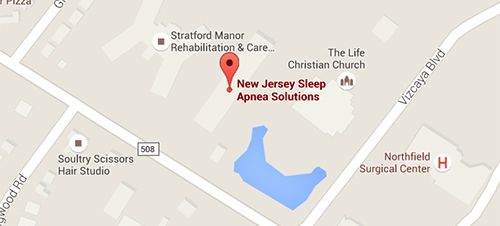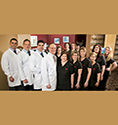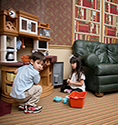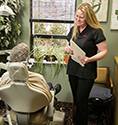Debunking the Most Common Myths About Sleep
Submitted by New Jersey Snoring Solutions on Fri 03/19/2021 - 09:00
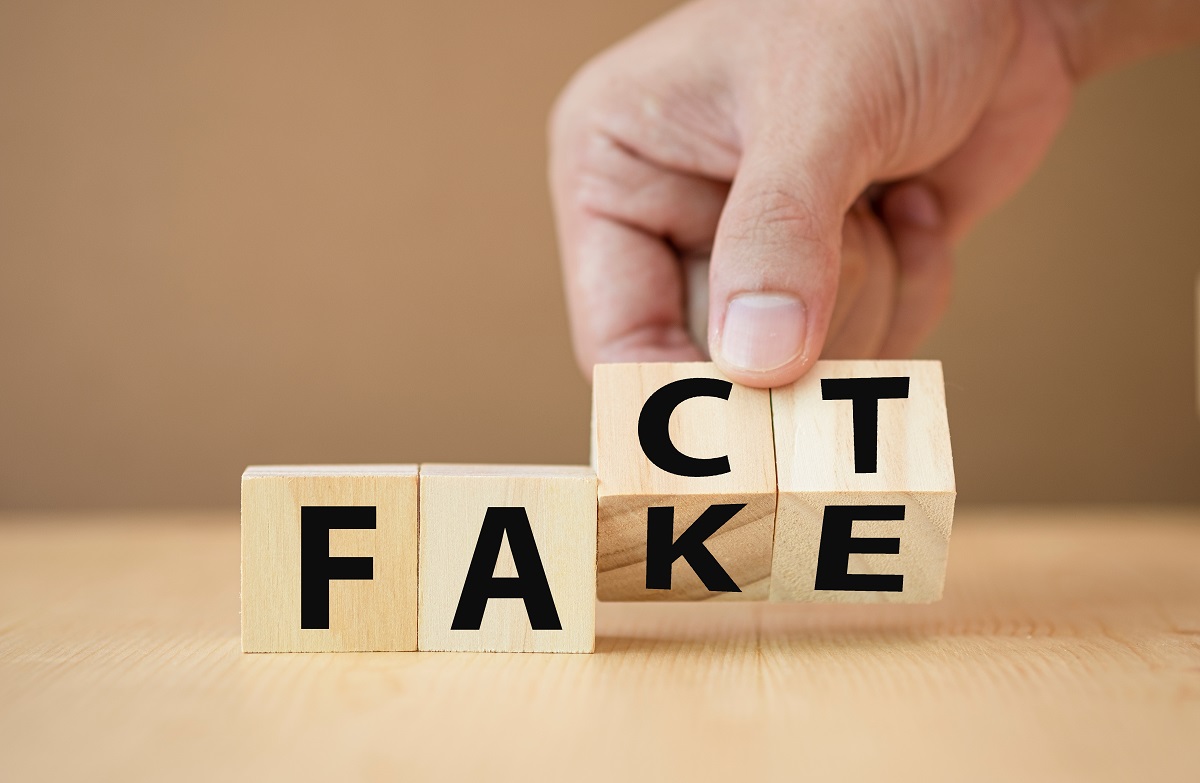
Perpetuating false beliefs about sleep is potentially harmful, as the misinformation may stop someone with a sleep disorder from getting necessary treatment. At New Jersey Sleep Apnea Solutions, Dr. Ivan Stein feels strongly about educating patients about healthy sleep behaviors and addressing rumors about unhealthy ones.
Here, Dr. Stein sets the record straight on some of the most common (and damaging) myths about sleep.
Most adults can get by on five hours or less of sleep per night.
According to the National Sleep Foundation’s recommendations, adults usually need seven to nine hours of sleep per night. Though there is some wiggle room on either side of that range, sleep experts agree that five hours or less can have adverse health effects.
Watching television can help you fall asleep faster.
Actually, the blue light emitted by your television — and other sources, like your smartphone, gaming system or tablet — makes it more difficult to wind down and prepare for sleep. Blue light throws your body’s circadian rhythm out of whack by interrupting the secretion of melatonin.
If possible, limit your screen time for two to three hours before bedtime, or dim the brightness on your devices.
Drinking alcohol leads to a good night’s rest.
Although a cocktail or glass of wine may make you feel relaxed and sleepy, alcohol consumption is linked to poor sleep quality and duration because it interrupts the stages of the human sleep cycle. Research shows individuals who drink excessive amounts of alcohol generally need more time to fall asleep and are more likely to have their sleep frequently disrupted.
Falling asleep instantly is a good thing.
Sometimes this is true: You may be one of the lucky ones who simply nods off quickly. However, most people need five to 20 minutes to fall asleep. Conking out instantly could be a clue that you are not getting as much sleep as your body needs.
Ask yourself how you feel when you wake up — are you refreshed and rested? If you feel sleep deprived during the day, have trouble focusing or find that quiet moments (e.g., sitting at a stop light or in a waiting room) make you drowsy, you could have a chronic sleep deficiency.
Snoring is always harmless.
Snoring is a common symptom of obstructive sleep apnea, and may indicate that the airway is blocked during sleep. If your partner tells you that you snore and you experience other sleep apnea symptoms such as excessive daytime sleepiness, morning headaches or memory or concentration problems, you should see a sleep specialist to get screened for the disease.
For more information about sleep apnea, please contact the team at New Jersey Sleep Apnea Solutions today.

